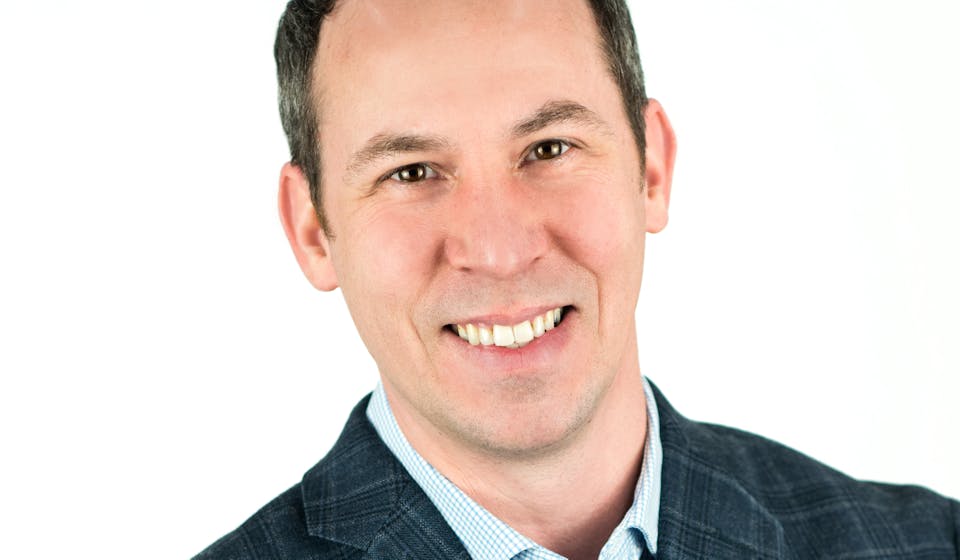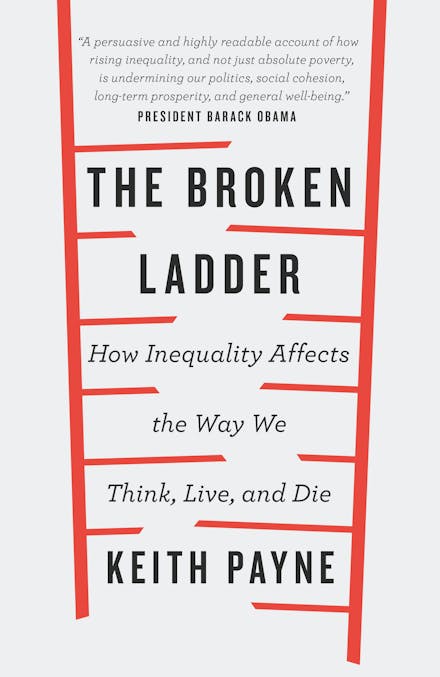Imprint
- W&N
Prose: non-fiction, Poverty & unemployment, Social discrimination & inequality, Advice on careers & achieving success, Popular psychology
A thought-provoking and unique look at status, inequality and the psychology behind it.
'A persuasive and highly readable account of how rising inequality, and not just absolute poverty, is undermining our politics, social cohesion, long-term prosperity and general well-being' Barack Obama
Inequality makes us feel poor and act poor, even when we're not. It affects our mood, decision-making and even our immune systems. Using groundbreaking research in psychology and neuroscience, Keith Payne explains how inequality shapes our world and influences our thinking, how we perform at work and respond to stress - and what we can do to combat its most insidious effects on our lives.
'Eye-opening' Susan Cain, author of Quiet
'Important, timely and beautifully written' Adam Atler, author of Irresistible
Praise for The Broken Ladder: How Inequality Changes the Way We Think, Live and Die
-
A persuasive and highly readable account of how rising inequality, and not just absolute poverty, is undermining our politics, social cohesion, long-term prosperity and general well-being
-
An eye-opening book with profound resonance for the state of our world ... A thoughtful look - and a rallying cry - into the way our environment shapes us all
-
Brilliant ... [A]n important, fascinating read ... Payne challenges a common perception that the real problem isn't inequality but poverty, and he's persuasive that societies are shaped not just by disadvantage at the bottom but also by inequality across the spectrum - NEW YORK TIMES

Keith Payne
Keith Payne is a professor of psychology and neuroscience at the University of North Carolina at Chapel Hill. As an international leader in the psychology of inequality and discrimination, his research has been featured in THE ATLANTIC, THE NEW YORK TIMES and on NPR, and he has written for SCIENTIFIC AMERICAN and PSYCHOLOGY TODAY.
























.png?auto=compress&w=150&h=60&fit=crop&fm=jpg)
.png?auto=compress&w=150&h=60&fit=crop&fm=jpg)




